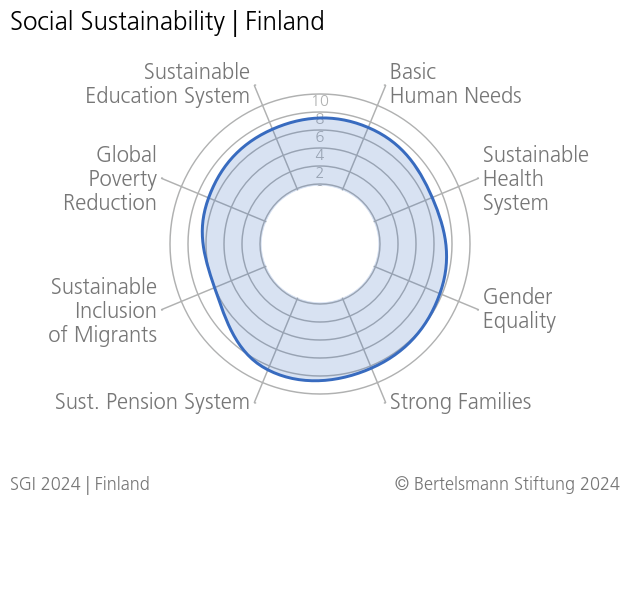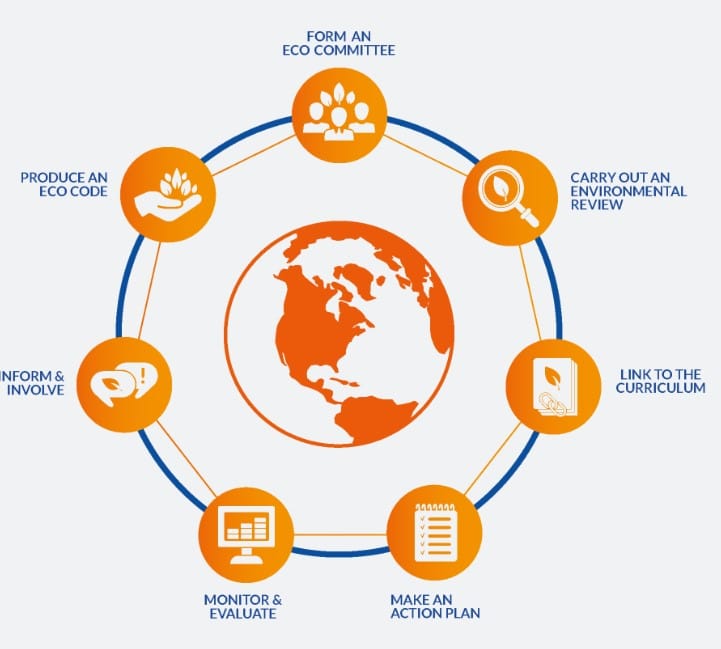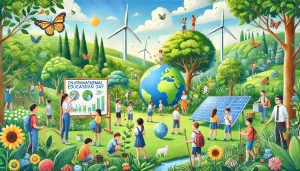The youth of today are the architects of tomorrow’s world. Their role in environmental education is vital, not only for fostering awareness but also for driving meaningful action to combat climate change and promote sustainability. With energy, creativity, and a deep sense of purpose, young people have become key players in spreading environmental consciousness.
The Importance of Youth in the Environmental Movement
According to the United Nations, approximately 1.8 billion people worldwide are between the ages of 10 and 24, making up the largest generation of youth in history. This demographic represents a powerful force for change, especially in the fight against environmental degradation.
Recent studies have shown the influence of youth in environmental education:
A 2021 UNESCO report revealed that 70% of young people feel they have a responsibility to address environmental issues, yet only 26% say they are well-informed about how to act.
The Global Youth Climate Action Survey of 2022 found that 75% of respondents aged 15-24 believe that governments and schools should prioritize environmental education.
These statistics underscore the potential of youth to equip themselves with proper knowledge and platforms for action.
How Youth Drive Environmental Education
- Peer-to-Peer Learning: Young people are more likely to influence peers. Initiatives such as the Fridays for Future Movement, spearheaded by Greta Thunberg have demonstrated how youth-led campaigns can inspire millions of people.

- Use of Technology: Social media platforms and digital tools have amplified the voices of young environmentalists. Hashtags such as #ClimateStrike and #ZeroWaste has garnered billions of views, spreading critical messages to vast audiences.
- Community Engagement: Youth have been actively involved in local projects, such as tree planting drives, waste management campaigns, and clean-up activities. These grassroots efforts not only educate communities but also inspire collective action.
The Role of Schools and Institutions
Educational institutions play a pivotal role in empowering youth with the knowledge and skills needed to tackle environmental challenges. Incorporating environmental science into school curricula and promoting experiential learning through eco-clubs and field projects are an effective strategy. For instance:
- Finland, known for its robust education system, integrates sustainability themes across all subjects. According to the SGI Network, Finland is one of the top ranked countries when it comes to social sustainability.

- India, the “Eco-Schools Program” has engaged over 500 schools in promoting sustainable practices. Main goals such as democratic and participatory student led programs, helping to cultivate responsible behavior towards the environment, and facilitating hands-on learning.

Challenges and Recommendations
Despite their enthusiasm, young people face barriers such as limited access to resources and platforms for advocacy.
Governments, NGOs, and Private Entities must collaborate to:
- Provide more funding for youth-led initiatives.
- Enhance access to environmental education, particularly in underprivileged areas.
- Recognize and amplify the contributions of young changemakers.
A Future in Their Hands
The role of youth in environmental education cannot be overstated. They are not just learners but also educators and leaders who can inspire intergenerational change. By investing in their potential, society can pave the way for a sustainable future where environmental stewardship is a shared responsibility.

